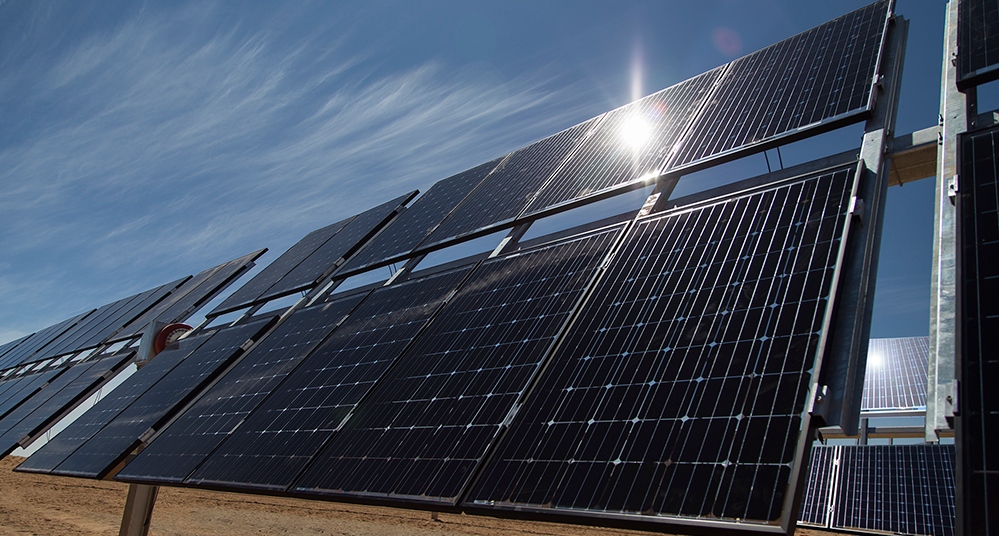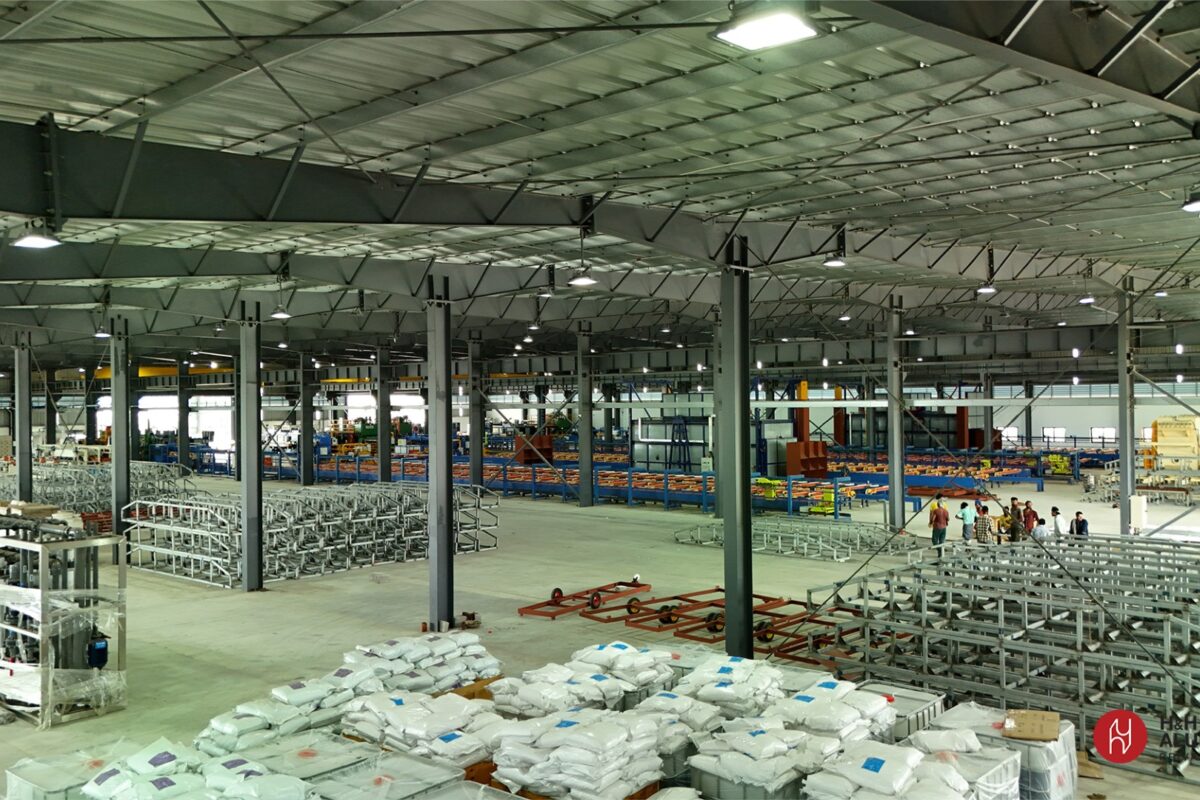From pv magazine Global
A new report published by the World Bank has stated that Pakistan must introduce the renewable energy auctions approved by its energy regulator in 2017 without any further delay if it is to achieve its clean energy ambitions.
The nation’s National Electric Power Regulatory Authority (Nepra) approved a switch from paying fixed tariffs for clean electricity five years ago, but a proposed auction system has yet to take shape.
With Pakistan having 1.7 GW of solar and wind generation capacity in September 2021, and aiming to raise that figure to 12.9 GW this decade, the need for urgency is clear and the World Bank report suggests how Islamabad could kick-start the process.
Some 482 MW of solar projects have been granted a tariff but are yet to be constructed. A proportion of a further 72 projects with 4.34 GW of capacity, which have secured approval but not a fixed payment, can be expected to secure auction-determined rewards as bidders under an interim system before a complete switch to an auction regime suggested by the report’s authors.
That would then see Pakistan award 1 GW per year of solar via annual auctions from 2024 to 2030, en route to achieving 20% of the nation’s electricity from non-hydro renewables by 2025, and 30% this decade, as part of overall clean energy targets of 50% and 60% which would include hydropower facilities.
The World Bank suggests a twin-track approach which would see big renewable energy parks identified chiefly in the wind-rich provinces of Balochistan and Sindh plus smaller project capacities auctioned within reach of electricity substations with spare capacity. The clean energy park auctions would be solar or wind specific to ensure a mix of facilities to maximize generation and transmission while the substation tenders would be technology neutral but could be expected to heavily favor solar plants.
The report suggests government entity the Alternative Energy Development Board (AEDB) be responsible for overseeing the clean energy park tenders with provincial electricity distribution companies fulfilling the role for substation capacity procurement, with a federal body to take charge of renewables auctions further down the line.
The generation capacity tendered should be in blocks of at least 50 MW, the report’s authors suggested, with 300 MW to 600 MW slices in the large parks and tariffs should be set no later than 33 weeks after each auction process begins. The auctions should each feature a maximum bid price, set with reference to previous exercises, and the resulting power purchase agreements (PPAs) should last 20 to 25 years, according to the study.
The report’s authors state that, in contrast to a recommendation made in the government’s 2019 Alternative Renewable Energy policy: “We do not recommend stringent local content requirements.”
Local industry
With Pakistan unlikely to develop a local solar industry beyond module assembly from imported components, the report suggests high technical standards be set for the auction bidders, to avoid the dumping of cheap, low-grade overseas products.
The shift to an auction system is complicated by the fact the government has approved changes to its national energy market which should have come into force in April this year but have not taken place. The new regime would see national body the Central Power Purchasing Agency replaced as offtaker for clean electricity by provincial distribution companies, who would also take over management of the auctions from the AEDB.
For an interim period, during which the 4.34 GW of approved solar projects without a tariff can participate in auctions, the PPA on offer will last 25 years and the bid cap has been set at PKR 6/kWh ($0.032), with payments rising by a maximum of 2.5% annually during the contract period.
This content is protected by copyright and may not be reused. If you want to cooperate with us and would like to reuse some of our content, please contact: editors@pv-magazine.com.









By submitting this form you agree to pv magazine using your data for the purposes of publishing your comment.
Your personal data will only be disclosed or otherwise transmitted to third parties for the purposes of spam filtering or if this is necessary for technical maintenance of the website. Any other transfer to third parties will not take place unless this is justified on the basis of applicable data protection regulations or if pv magazine is legally obliged to do so.
You may revoke this consent at any time with effect for the future, in which case your personal data will be deleted immediately. Otherwise, your data will be deleted if pv magazine has processed your request or the purpose of data storage is fulfilled.
Further information on data privacy can be found in our Data Protection Policy.